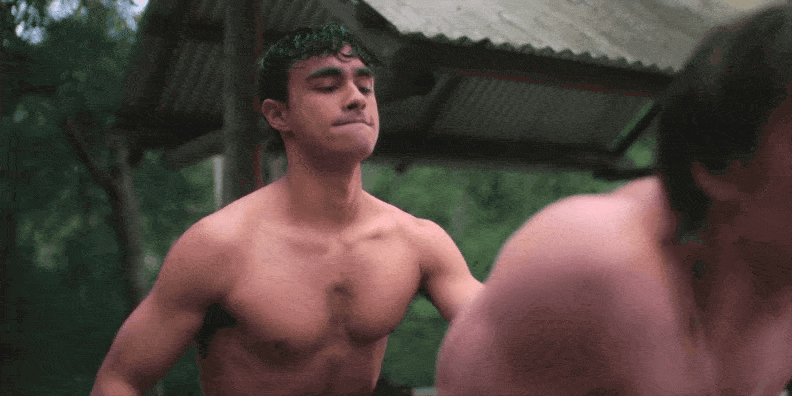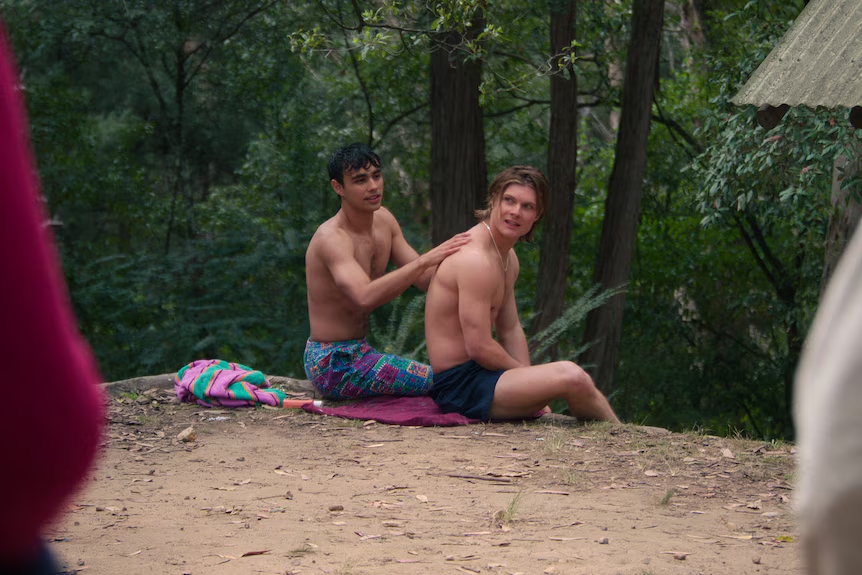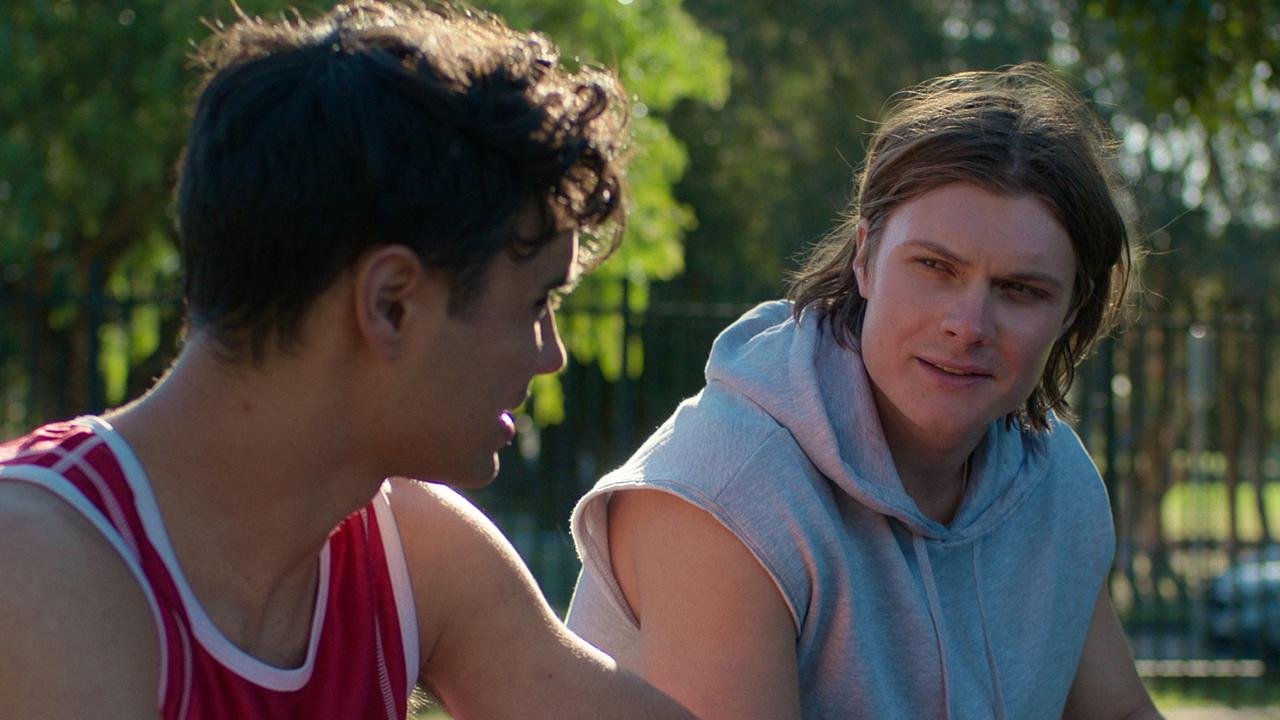In a television landscape saturated with glossy high school dramas, Heartbreak High breaks through like a punch to the gut and a whisper to the soul. Rebooted from the iconic Australian series of the ‘90s, this 2022–2025 revival does more than just pay homage. It dares to be louder, grittier, queerer, messier—and in doing so, it becomes one of the most honest coming-of-age sagas of the decade.
Over the course of three seasons, Heartbreak High charts a daring course through the turbulent waters of adolescence, love, identity, trauma, friendship, and survival. It’s not just a show about teens. It’s a show about now—the pressure cooker of modern youth, where social media, gender politics, race, neurodivergence, and generational pain collide in unpredictable ways.

The series kicks off with Amerie Wadia (played with magnetic vulnerability by Ayesha Madon), a bold, impulsive student who is thrust into the center of chaos when a secret “sex map” goes public at Hartley High. The fallout fractures friendships, reshapes reputations, and exposes every crack in the school’s social order. What could have been a gimmick becomes a devastating inciting incident that launches an entire ecosystem of stories—each character slowly unwrapping their trauma, joy, fears, and desires.
Amerie’s arc is the heart of the show. Her fierce loyalty, moral contradictions, and emotional volatility make her instantly relatable. She is not always likable, but that’s the point. She’s real. Her friendship with Harper (Asher Yasbincek, in a career-defining performance) is the most emotionally charged dynamic of the series. What begins as an electric sisterhood implodes into betrayal, confusion, and deep pain rooted in unspoken trauma. Their journey back to trust is not linear—it’s messy, brutal, beautiful.

Beyond Amerie and Harper, the series boasts one of the most diverse, layered ensembles in teen drama history. Darren, a non-binary fashion anarchist with razor-sharp wit, becomes a fan favorite not just because of their charisma, but because the show allows them to be both joyous and broken. Ca$h, the stoic, closeted drug runner with a gentle soul, quietly steals every scene he’s in. His tender, slow-burning romance with Darren is portrayed with such respect and intimacy that it redefines what queer teen love can look like on screen.

Season 2 deepens everything. It explores neurodivergence through Quinni, played by autistic actress Chloé Hayden in a groundbreaking performance. Quinni’s struggles with overstimulation, social norms, and self-worth are not treated as side plots—they are central, authentic, and handled with a care rarely seen on television. The show doesn’t tokenize. It dignifies. It listens.
The writing is sharp, darkly funny, and emotionally raw. It doesn’t shy away from hard topics—sexual assault, homophobia, parental abandonment, class struggles, mental health, and the pressure to perform identity for public approval. But it never descends into preachy melodrama. The dialogue snaps with Australian slang, Gen Z absurdity, and sudden shifts into silence that say more than words ever could.

Visually, the show is chaotic in the best way. Bright colors, rough handheld camerawork, abrupt edits, Instagram overlays—it mirrors the fragmented reality of teenage life. The soundtrack is a punchy blend of Australian indie, global pop, and soul-wrenching acoustic. Every episode feels like a mixtape of emotion, chaos, and clarity.
By Season 3, Heartbreak High has grown into something rare: a teen show that evolves with its audience. The final episodes pull no punches. There are no fairy tale endings. Some wounds don’t heal. Some people leave. But what remains is a hard-earned, authentic hope. A belief that even when everything falls apart, connection—messy, imperfect, human connection—is still possible.

The last scene? A quiet moment between former best friends, sitting by a fire, not saying much, but finally understanding each other. No music. No montage. Just breath. Just presence. That’s Heartbreak High in essence: a show that never tells you what to feel—it just makes you feel everything.
Final Score: 10/10
Reasons: Unflinching writing, iconic performances, inclusive representation that feels real and lived-in, and a radical commitment to emotional truth. It’s not just a great teen show. It’s a vital, cultural touchstone.
Heartbreak High (2022–2025) is not about perfect love or perfect people. It’s about scars. About survival. About finding your voice in a world that keeps trying to define you. It will break your heart. But it will also give it back, stronger.



